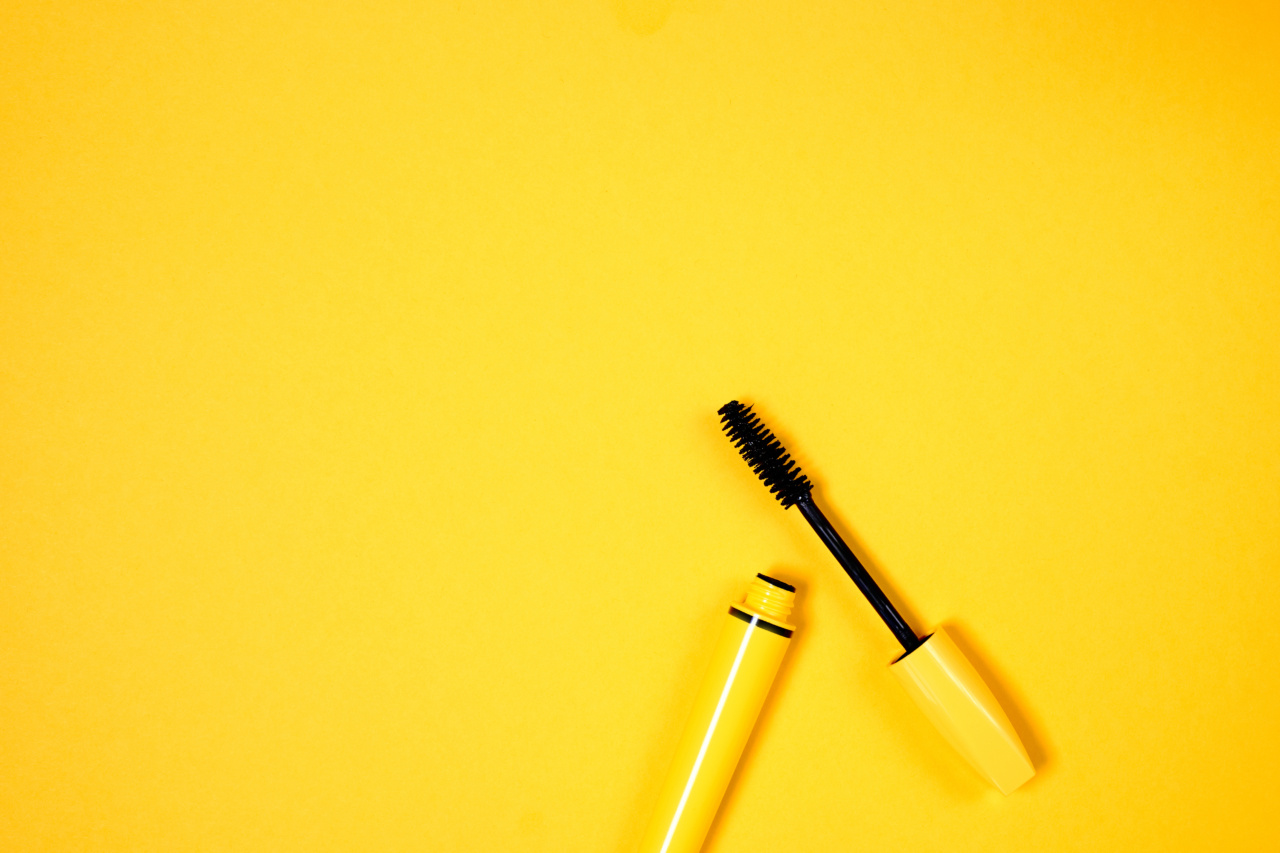A recent cosmetic product recall in the United States has been attributed to the presence of plastic microspheres in the products.
Many cosmetic products such as facial scrubs, lotions, and toothpaste have been found to contain plastic microspheres, which are contributing to the growing problem of plastic pollution in our oceans and waterways.
The Problem with Plastic Microspheres
Plastic microspheres, also known as microbeads, are small plastic particles that are often added to personal care products for their exfoliating properties.
These microspheres are typically less than 5 millimeters in size and are made from plastic such as polyethylene or polypropylene.
The use of plastic microspheres in personal care products has become a growing concern worldwide due to their impact on the environment. Once these microbeads enter our waterways, they can have a devastating effect on marine life.
Fish, birds, and other aquatic organisms can mistake the microbeads for food, leading to serious health consequences such as starvation, intestinal blockages, and even death.
Recall of Cosmetics with Plastic Microspheres
The US Food and Drug Administration (FDA) recently issued a recall of several personal care products containing plastic microspheres.
The products were found to be in violation of the Microbead-Free Waters Act of 2015, which was passed by the US Congress to address the problem of plastic microbeads in our waterways.
Several major cosmetic companies have been affected by the recall, including Johnson & Johnson, Procter & Gamble, and Unilever. The recalled products include facial scrubs, body washes, and toothpaste that contain plastic microspheres.
Alternatives to Plastic Microspheres
In response to the growing concern about plastic microbeads, many cosmetic companies have begun to explore alternatives.
These alternatives include natural ingredients such as salt, sugar, and ground fruit pits, which can provide similar exfoliating properties without the environmental impact of plastic microspheres.
Some companies have also developed biodegradable microspheres that are designed to break down in the environment, reducing their impact on marine life.
These biodegradable microspheres are made from materials such as cellulose or starch, which are easily broken down by natural processes.
The Future of Personal Care Products
The recall of products containing plastic microspheres highlights the need for greater environmental responsibility in the personal care industry.
As consumers become increasingly aware of the impact of their personal care products on the environment, demand is growing for products that are both effective and eco-friendly.
Cosmetic companies that adopt sustainable practices will be better positioned to meet this demand and stay ahead of the competition.
By phasing out plastic microspheres and exploring alternatives, these companies can reduce their impact on the environment, improve their reputation, and appeal to consumers who are looking for more sustainable personal care options.
Conclusion
The recall of personal care products containing plastic microspheres represents an important development in the effort to address the problem of plastic pollution in our oceans and waterways.
As consumers become more aware of the impact of their personal care products on the environment, demand is growing for more sustainable options.
Cosmetic companies that adopt sustainable practices, such as phasing out plastic microspheres and exploring alternatives, will be better positioned to take advantage of this growing demand and stay ahead of the competition.































